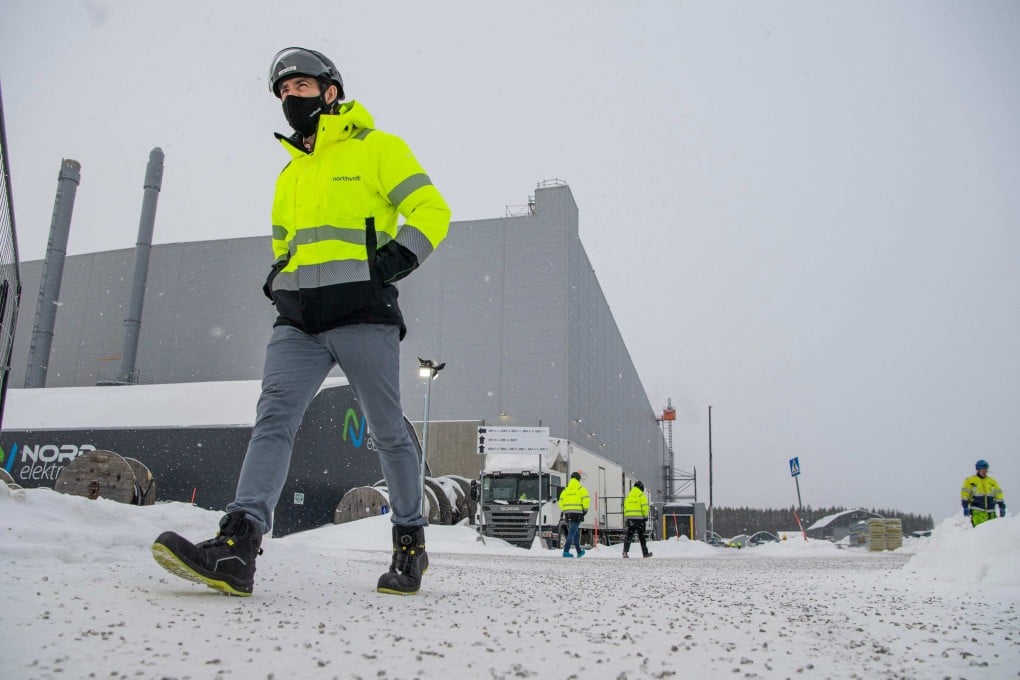Mario Draghi has a plan for Europe to avoid ‘slow agony’. Can it work?
Report was supposed to jump-start an industrial revival, but there are political obstacles and it will require unity on China policy

In the tiny Swedish town of Skelleftea, Northvolt – the continent’s great hope for narrowing the high-end battery gap with China – announced major cuts to jobs and operations.
The company is looking for a buyer for its energy storage business in Poland and said it would also stop buying cathode materials and start sourcing them from South Korea and China instead.
Northvolt has struggled to scale up to keep on top of its US$55 billion order book. In June, BMW cancelled a €2 billion (US$2.2 billion) order over delays and quality concerns, going with Samsung instead. “Hopes for reducing dependence on China are at risk,” wrote Ronan Murphy at the Centre for European Policy Analysis.
The timing could scarcely have been worse. Ex-European Central Bank chief Draghi’s report was supposed to jump-start an EU-wide industrial revival.

“Super Mario” called for a rethink of the bloc’s broad disdain for industrial policy and asked EU bean-counters to find an extra €800 billion per year to pay for it. He chastised Europe’s bureaucrats for confusing procrastination with progress, and for failing to link decarbonisation efforts with industrial goals.
